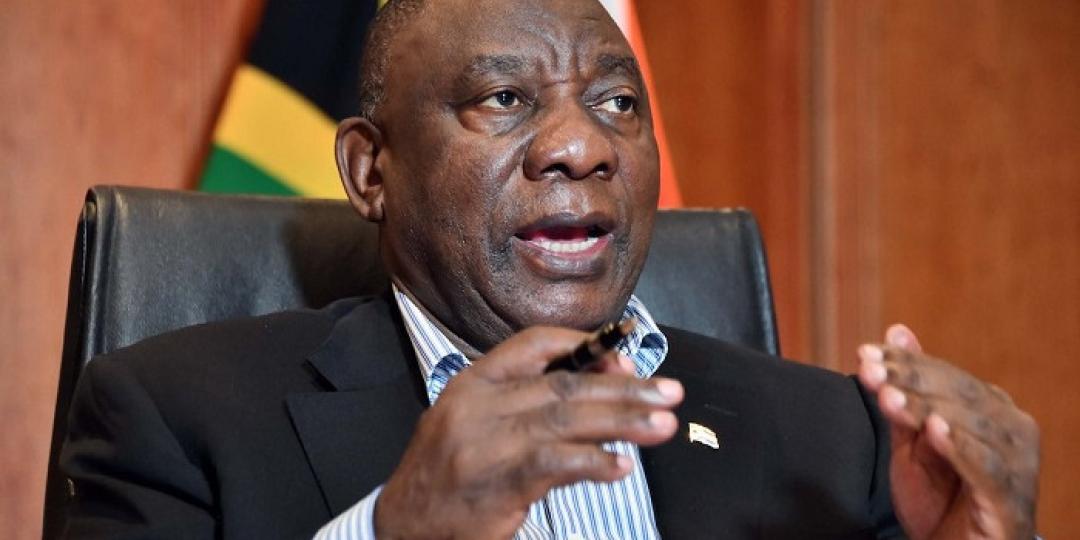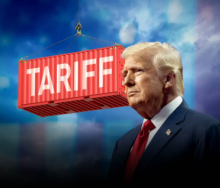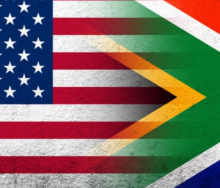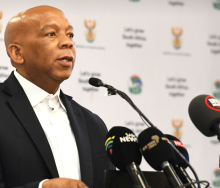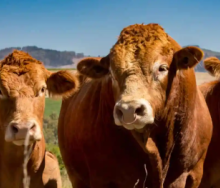President Cyril Ramaphosa has announced the appointment of a new Broad-Based Black Economic Empowerment Advisory Council.
He said the council, which comprises government, business, labour and other stakeholders, had been established to “champion the cause of economic transformation”.
The council has its origins in a 2001 report produced by the BEE Commission, which emanated from an extensive study into the structure of the economy and what was needed to transform it, grow black entrepreneurship, ensure greater black management and ownership of businesses, and bring black women into the mainstream of the economy.
“Our commitment to entrench and deepen economic empowerment is unwavering. That is why black economic empowerment is an integral part of our economic reconstruction and recovery in the wake of the Covid-19 pandemic,” Ramaphosa said, writing in his weekly newsletter.
“This is one of the reassurances I articulated to the Black Business Council earlier this month, where we discussed the state of BBBEE in the country, the progress that has been made, and what we need to do as a collective to build on our gains,” he said.
Ramaphosa added that while there had been “significant progress” over the last two decades, there were some areas of regression.
“We have gone backwards when it comes to increasing black management control, upscaling skills development, entrenching enterprise development, and broadening procurement to give opportunities to black women and the youth. The apartheid government deliberately built a distorted economy designed to benefit white people. The majority of South Africans were marginalised from the mainstream economy, with black entrepreneurs confined to small retail industries in the townships.”
At the end of Apartheid, black ownership of JSE-listed companies had been less than 1% and this had not improved much in the past 28 years, he added.
“There have been important private-sector initiatives and deliberate measures by the state to facilitate greater and more meaningful participation of black people in the economy. Between 2017 and 2020, nearly 500 empowerment transactions were submitted for registration to the BBBEE Commission,” he said.
Black ownership had exceeded targets in sectors such as construction, property, information and communications technology, tourism and transport.
“Economic transformation and economic growth are intertwined. There cannot be one without the other. By integrating transformation into the process of industrialisation, we are advancing a more inclusive growth model that shares, rather than concentrates, wealth,” Ramaphosa said.
Government is driving localisation to benefit black-owned businesses through its sectoral master plans. For example, ten black contract growers have been established with an investment of R336 million as part of the poultry master plan.
“Government has also launched a black exporters’ network that will connect black-owned companies in food, engineering products, auto components, beauty products and other sectors of the economy,” he said.
Government has approved R2.5 billion in new support to about 180 black industrialists in the form of loans from the IDC and National Empowerment Fund (NEF), and grants from the DTIC incentive scheme in 2021. He said over the next three years a further R21bn had been committed by the IDC, NEF and other institutions to support black industrialists, while R25bn had been committed to support black women, youth and worker-owned companies.
“It is clear that much more work needs to be done to address the many challenges that black businesses face. This includes the difficulty of accessing start-up and expansion capital and the ability of SMMEs to find markets for their products.”
He added that the continued exclusion of the black majority from the economy’s mainstream constrained economic growth.
“We have a shared responsibility to drive the effort to entrench BBBEE because it is about eradicating inequality. Unequal economies breed unequal societies, and unequal societies don’t grow and flourish. It is not only wrong, but also unsustainable, for businesses to keep their management and ownership structures mostly white or male,” Ramaphosa said.
“Broad-based black economic empowerment will only be achieved through partnership and a shared commitment to transformation. The appointment of the new BBBEE Council will help us to expand the frontiers of broad-based black economic empowerment. I call on business, labour and industry to work with the council as it undertakes this vital work.”
He did not provide any further details regarding the members who would be appointed to the council.
